By Tunde Olusunle
A short video clip trended on the social media a few days ago. The narrator who was probably driving his automobile, drew attention to the truck ahead of him. According to his narration, he desired to commute from Egbe, the major southernmost community in Yagba West local government area in the Okun-Yoruba part of Kogi State, to the neighbouring Kwara State. Locals in Egbe, however, had warned him about the crimson activities of faceless criminals in the names of Fulani herdsmen and rampaging marauders on the highway. He thus sought help from a pin-down truck manned by uniformed and armed security personnel, to lead him to safety within the territory of Kwara State, ostensibly for a fee. The truck could be seen in the video, piloting his car. This 50-second video clip summarises the security situation in Okunland today.
Hitherto, Okunland across its several hamlets, communities and towns, was an idyllic island of serenity, calm and civility. Farmers, hunters, teachers, civil servants in the employ of the state and local government authorities, as well as retirees, peopled the villages and homesteads. After a hard day’s work, home folks congregated beneath wide-spread leafy canopies of abutting trees. They played ayo olopon, known by the name “mancala,” and draught, awon oro-oro games, as they wound down from the day’s preoccupations. Liquid soothers included emu fun fun and oguro, both variants of palmwine. But for the mischief of headstrong goats, people harboured no fears about possible trespassing of their abodes. While conducting his doctoral thesis at the University of Ilorin which birthed the facekuerade performance theory, my friend and brother, Sunnie Ododo, relocated from his cosy home in Ilorin, to Kabba, and stayed for weeks. Such was the allure of Okunland.
Sadly, at no point in the history of the Okun-Yoruba people of Kogi State has the question of security been as worrying as it has been in recent weeks and months. Call it “one day, one disaster” and you will not be wrong. From the hitherto innocuous Oyo Iwa community in the northernmost extremes of Okunland, in Lokoja local government area, to Egbe in Yagba West, the southernmost community in the zone, Okunland has been encircled and buffeted by faceless marauders. There are unsavoury narratives from across the six Okun local government areas, namely: Lokoja, Kabba-Bunu; Ijumu; Mopamuro; Yagba East and Yagba West. Forests and woodlands in the area which share similar vegetation with Yorubaland in the South West, have been infiltrated by Fulani herdsmen, deadly bandits and cold-blooded kidnappers. These days, they have become as emboldened as to venture into communities fully armed with weapons, roam around and take with them their preferred victims, including the vulnerable and elderly.
Okunland has been flung into perpetual fear and gripping despair. The local economy of the people predominantly powered by subsistence agriculture, petty trading, returns on artisanal preoccupations, and so on, has been paralysed. Armed gangs stipulate impossible ransoms on families and communities, which in turn are forced to dispose of prized assets, notably livestock, parcels of land and residential homes, to meet up with ransom deadlines. Callously, certain cells of outlaws receive sweatily-sourced ransoms some enabled by crowd-funding, and still proceed to annihilate their victims. They unwittingly plunge families and communities into double agony.
Disturbed by these developments, Okun people on different platforms are galvanising panaceas to address this scourge. The Okun Development Association, (ODA) which is the umbrella body of all Okun bodies and groups had a one-day Security Summit in Kabba, Friday March 28, 2025. President of the ODA, Ambassador Rotimi Akenson, convened the summit which was robustly attended by respected technocrats, royals and government appointees at the state and local levels, from across all six Okun-speaking LGAs. These included serving Commissioners; the State Security Adviser and prominent traditional rulers. Proceedings were moderated by no less a professional than former Director-General of the National Institute for Security Studies, Abuja, (NISS), William Toyin Akanle, PhD, mni.
The summit resolved among others, that: A well-funded community policing structure is a panacea for addressing security challenges in Okunland; and that the establishment of community-based Security Trust Fund, (STF) in Okunland is inevitable. It noted that sharing credible information with security operatives is key, since security is everyone’s business. The Summit also suggested that proper profiling of settlers in our communities is important, just as it posited the adoption of technology-driven security models. The congregation recommended that job creation, economic empowerment, and social interventions are essential in reducing the proclivity of our youths towards crime, while asserting the need for incentives, motivation and morale-boosting for Okun vigilantes and hunters. A high-powered implementation committee to facilitate the actualization of these proposals has been emplaced. Akanle is the Chairman, while Femi Oloruntoba, who retired as a Director from the National Drug Law Enforcement Agency, (NDLEA) is the Secretary. Ambassador Sola Enikanolaiye, in the Presidency; Attorney Tunde Irukera, immediate past Executive Chairman of the Federal Competition and Consumer Protection Commission, (FCCPC) and the multitasking Okun businessman, Yinka Braimoh are on board.
Equally agonised by the relentless rampaging of nondescript outlaws across Okunland, is the Okun Development Initiative, (ODI), a strident advocacy group. The organisation has scheduled a pan-Okun Unity Summit, for Friday May 30 and Saturday May 31, 2025. ODI which is altruistically complementing the precedence of ODA, has as National Coordinator, Olusuyi Otitoju, a former Commissioner representating Kogi State in the Federal Public Complaints Commission, (PCC). The theme of the forthcoming summit is: Okun Unity: The Power of One Voice, the Strength of Many Hands. The converge aims to bring together Okun sons and daughters, who have been torn apart by the acidity which has tinctured Okun politics in recent times. This fact is captured by the overarching focus of the forthcoming event, which aims to engage with Okun brothers and sisters to band together as one, since disparate broomsticks, cannot be deployed for sweeping.
Instructively, the forthcoming ODI Summit will be the second time the group is rallying Okun people together to deliberate on issues germane to the wellbeing of the people and the area. Between November 24 and November 26, 2016, ODI staged its premiere Okun-centred public event with the theme: Breaking the Bonds of Underdevelopment in Okunland. It focused on the security, unity and development of Okunland and was richly graced by the cream of Okun elite in business, bureaucracy, academia, media, politics, industry, not forgetting elder statesmen from the area. As far back as its 2016, ODI had drawn attention to the imperative for the security of lives and property in the sub-zone, which has transmogrified into a veritable hydra. Despite the near 10-year lacuna between its premiere and the proposed coming together, it is noteworthy that the ODI recognises the importance of constant engagement in the march towards the fruition of the dreams and aspirations of the Okun nation.
time the group is rallying Okun people together to deliberate on issues germane to the wellbeing of the people and the area. Between November 24 and November 26, 2016, ODI staged its premiere Okun-centred public event with the theme: Breaking the Bonds of Underdevelopment in Okunland. It focused on the security, unity and development of Okunland and was richly graced by the cream of Okun elite in business, bureaucracy, academia, media, politics, industry, not forgetting elder statesmen from the area. As far back as its 2016, ODI had drawn attention to the imperative for the security of lives and property in the sub-zone, which has transmogrified into a veritable hydra. Despite the near 10-year lacuna between its premiere and the proposed coming together, it is noteworthy that the ODI recognises the importance of constant engagement in the march towards the fruition of the dreams and aspirations of the Okun nation.
The second edition of the ODI Summit which will be chaired by General Funso Owonibi, (rtd), will have Kogi State Governor, Ahmed Usman Ododo, as Special Guest of Honour. Serving federal parliamentarians from Okunland, notably Sunday Karimi, Senator Representing Kogi West; Leke Abejide, Member Representing Yagba federal constituency, and his counterpart, Idris Salman, Representing Kabba-Bunu/Ijumu, are expected at the programme. Vice Chancellor of the Federal University Lokoja, (FUL), Professor Yemi Akinwumi will be the Guest Speaker, while the Obaro of Kabba who chairs the Okun Traditional Council, Oba Solomon Dele Owoniyi is the Royal Father of the event. To underscore the harmonious relationship between the ODA and the ODI, President of the ODA, Ambassador Rotimi Akenson will be Father of the Day at the ODI Summit. Long-serving Kogi State Commissioner for Finance, Ashiru Idris, FCA, chairs the planning committee.

It is noteworthy that the people of Okunland across associations and groups are propelling action concurrently and simultaneously on the insecurity plague in the area. This clearly attests to the severity of the security situation in that part of Nigeria. Equally worthy of note is the fact that irrespective of political inclination, leaders and representatives of the zone appreciate the imperative for coordinated action to stem the current tide and potential slide into chaos. To this end, they are supporting and featuring prominently in the activities and programmes of various Okun groupings, for the collective good of an erstwhile oasis of therapeutic peace and quiet.
Tunde Olusunle, PhD, Fellow of the Association of Nigerian Authors, (FANA), is an Adjunct Professor of Creative Writing at the University of Abuja

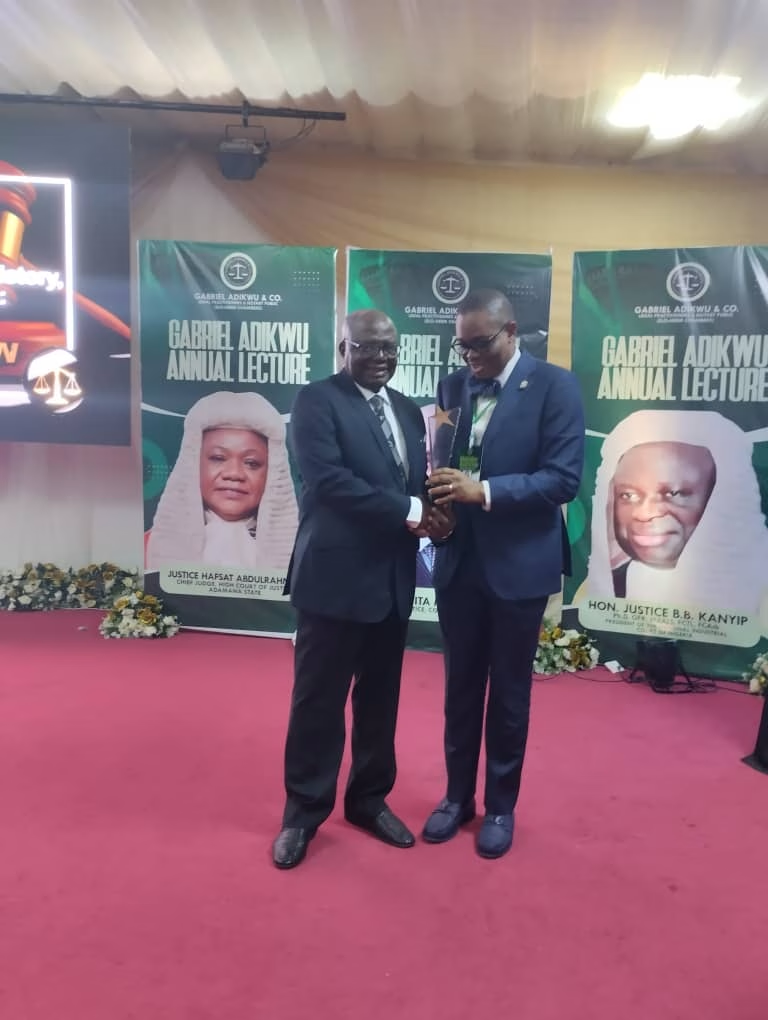

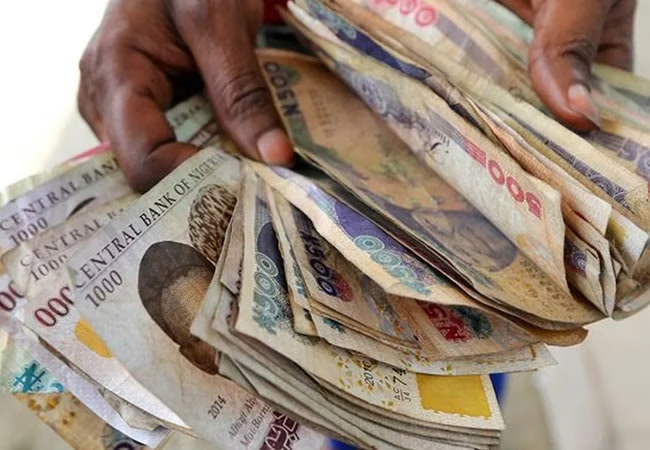
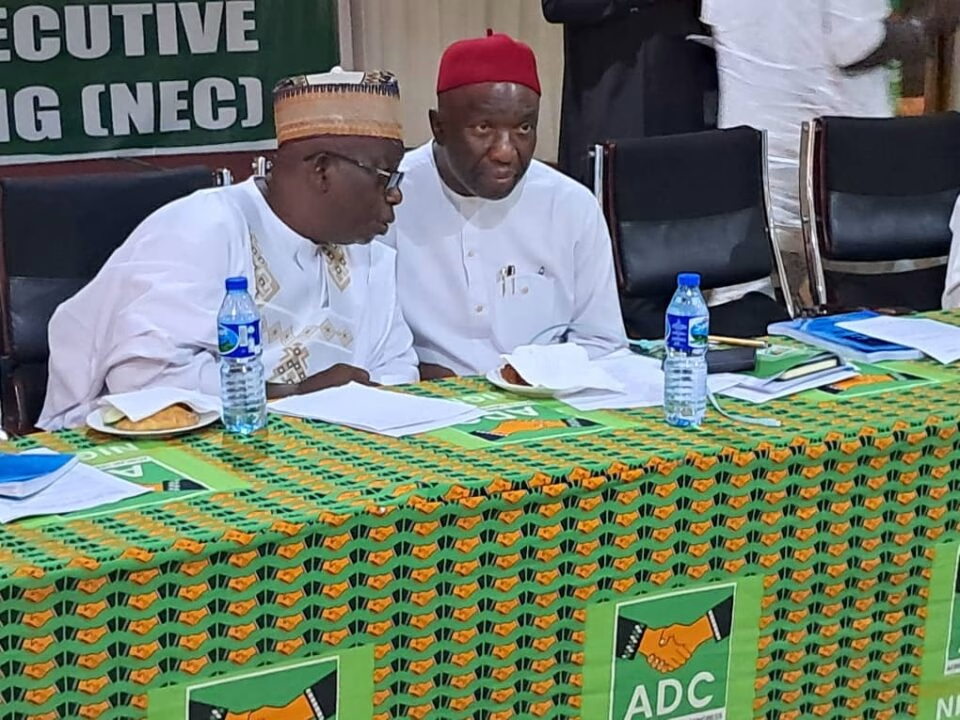
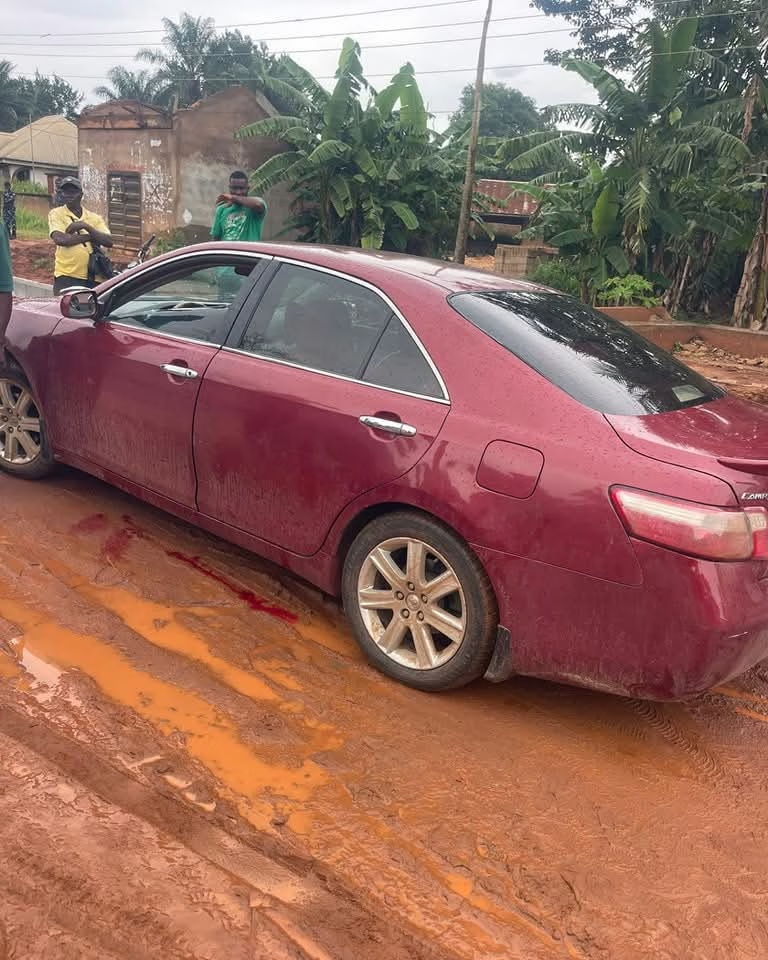
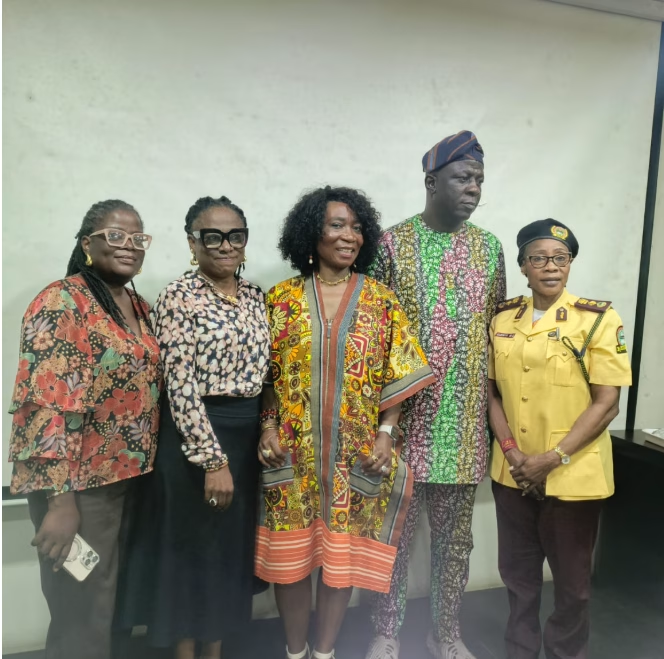

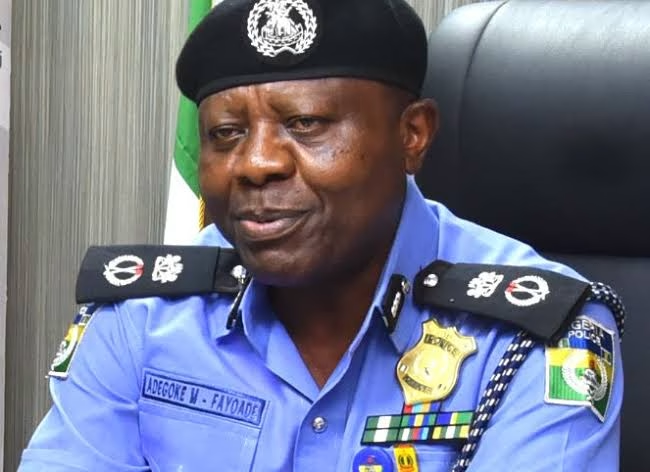
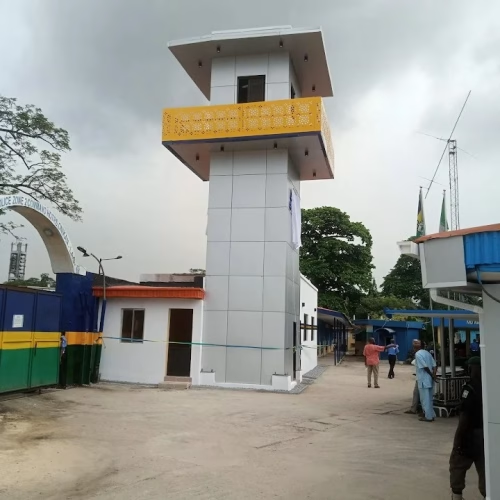
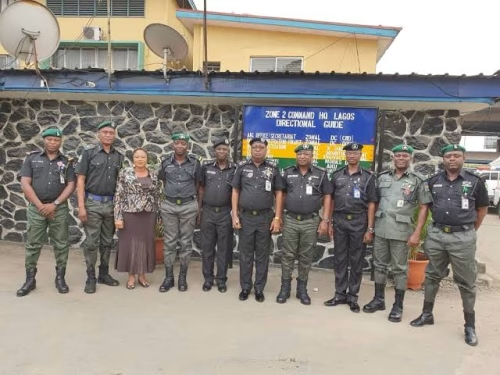

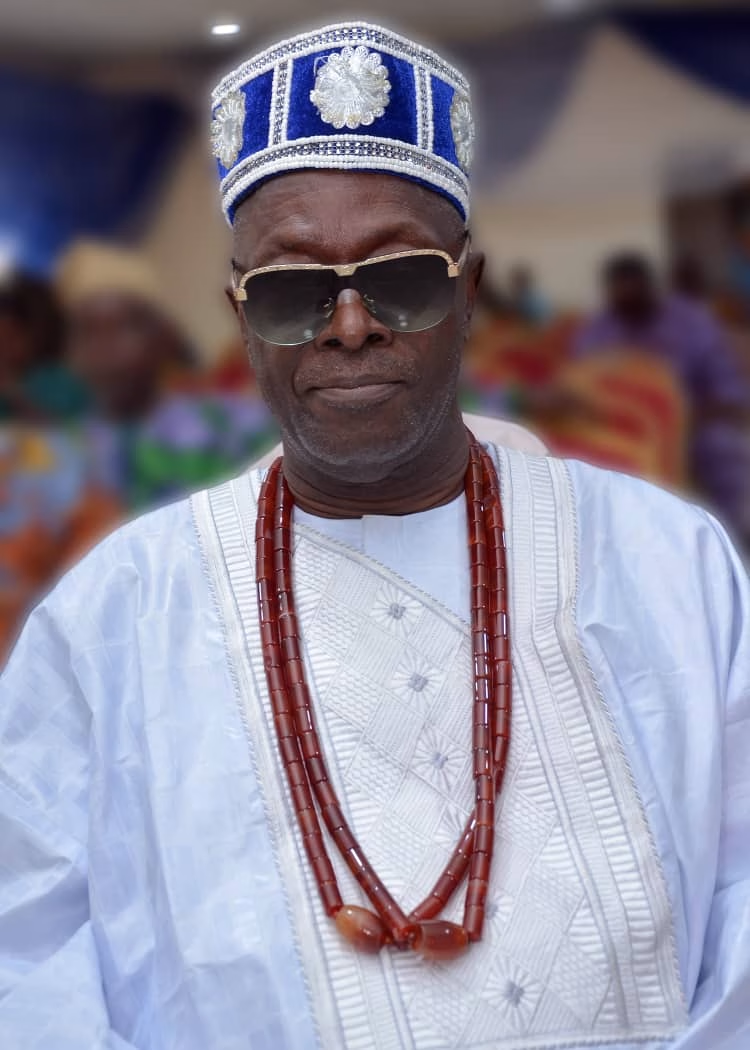
 time the group is rallying Okun people together to deliberate on issues germane to the wellbeing of the people and the area. Between November 24 and November 26, 2016, ODI staged its premiere Okun-centred public event with the theme: Breaking the Bonds of Underdevelopment in Okunland. It focused on the security, unity and development of Okunland and was richly graced by the cream of Okun elite in business, bureaucracy, academia, media, politics, industry, not forgetting elder statesmen from the area. As far back as its 2016, ODI had drawn attention to the imperative for the security of lives and property in the sub-zone, which has transmogrified into a veritable hydra. Despite the near 10-year lacuna between its premiere and the proposed coming together, it is noteworthy that the ODI recognises the importance of constant engagement in the march towards the fruition of the dreams and aspirations of the Okun nation.
time the group is rallying Okun people together to deliberate on issues germane to the wellbeing of the people and the area. Between November 24 and November 26, 2016, ODI staged its premiere Okun-centred public event with the theme: Breaking the Bonds of Underdevelopment in Okunland. It focused on the security, unity and development of Okunland and was richly graced by the cream of Okun elite in business, bureaucracy, academia, media, politics, industry, not forgetting elder statesmen from the area. As far back as its 2016, ODI had drawn attention to the imperative for the security of lives and property in the sub-zone, which has transmogrified into a veritable hydra. Despite the near 10-year lacuna between its premiere and the proposed coming together, it is noteworthy that the ODI recognises the importance of constant engagement in the march towards the fruition of the dreams and aspirations of the Okun nation.